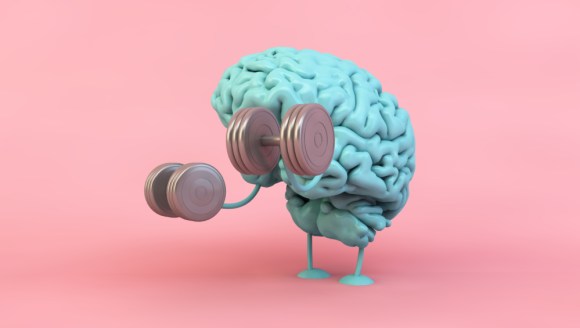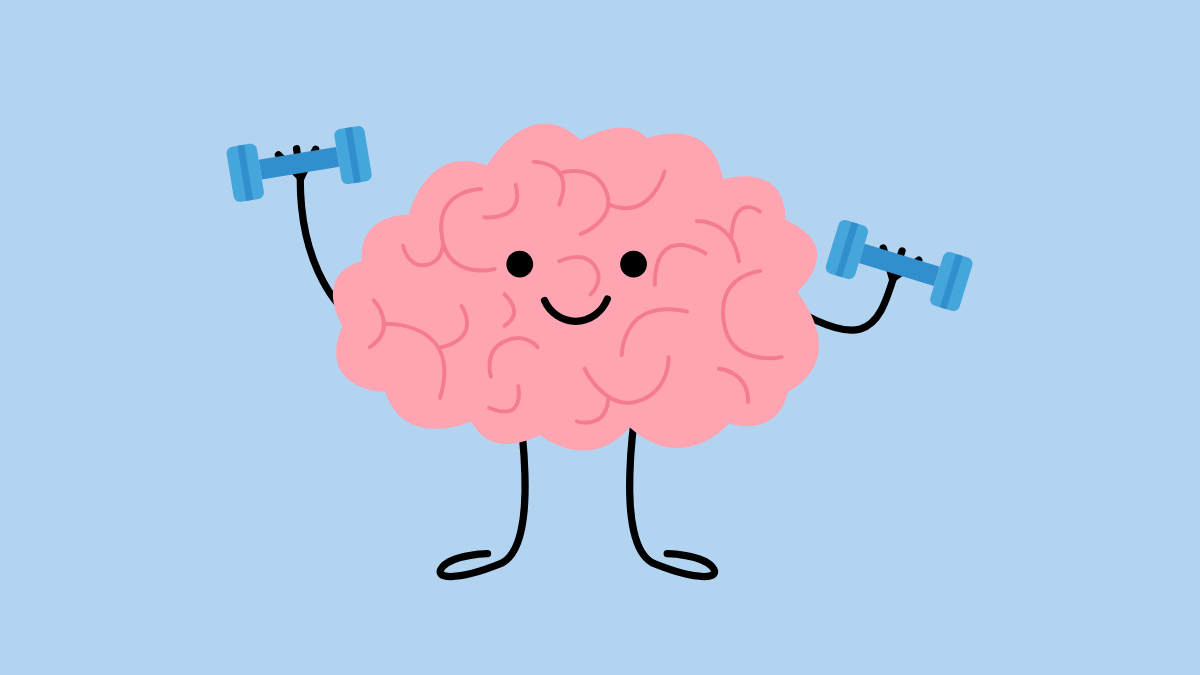Mental fitness will mean different things to different people and keep in mind that our experiences often change over time. But when we look at mental fitness broadly, we are looking at how healthy and balanced our emotions and thought patterns are overall. Do they help us achieve our life goals and to connect well to the people we care most about? Do they support our wellbeing and our values, or do they frequently lead us to behave in ways that we regret? Remember that mental fitness is not an ‘all or nothing’ thing; there are degrees of fitness, and everyone can find room for improvement!
Improve your mental fitness through a strong mind-body connection
A good mind-body connection is vital to your health and wellbeing. Being aware and in-touch with your thoughts and the sensations you feel in your body is very important for understanding and learning to accept and manage your emotions and moods. Sadly, difficulties with mental health are very common and can have a devastating impact on our quality of life. In fact, depression and anxiety disorders are among the top ten causes of disability worldwide.
What are some ways we can work on our mental fitness?
Keeping up our mental fitness is something that we all need to prioritise. Just like our physical health, it is an ongoing job and should become part of our normal daily routine. However, there’s ‘no one-size fits all’ with your mental health and boosting your mental fitness can look different from person to person.
For some people, it involves getting better sleep, eating healthier foods more often, and being in nature. For others it means making more time for relaxation, hobbies, exercise, or connecting with loved ones. Many people also find that doing a course of mindfulness or psychological therapy (like Cognitive Behavioural Therapy or ‘CBT’) teaches them new skills to help them sharpen up their mental fitness.

How do I know if I’m mentally ‘unfit’?
The signs of being mentally out-of-shape can be subtle for some people and more obvious for others. Everyone has bad days, especially when we have a lot on our plate or if we are trying to adjust to changes in our already busy lives such as moving house, starting a new job, or dealing with relationship or financial problems. That said, if you are feeling persistently down, irritable, anxious or panicky for a couple of weeks or more, it may be a good indicator that you need a mental health ‘tune-up’.
Other signs could include feeling frequently confused, distracted, hopeless, or like you can’t ‘switch off’, and this could be affecting your sleep and appetite. Some people may also notice that they have been withdrawing or avoiding others, or quarrelling more with their loved ones. It is important to do something when you notice these signs. Often the best first step is to talk to your GP about how you have been feeling. It can also be helpful to let someone you trust know what’s been going on for you.
For more information and practical tips on boosting your mental fitness, browse our online treatment programs here.


